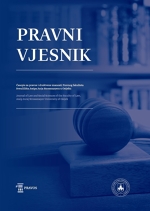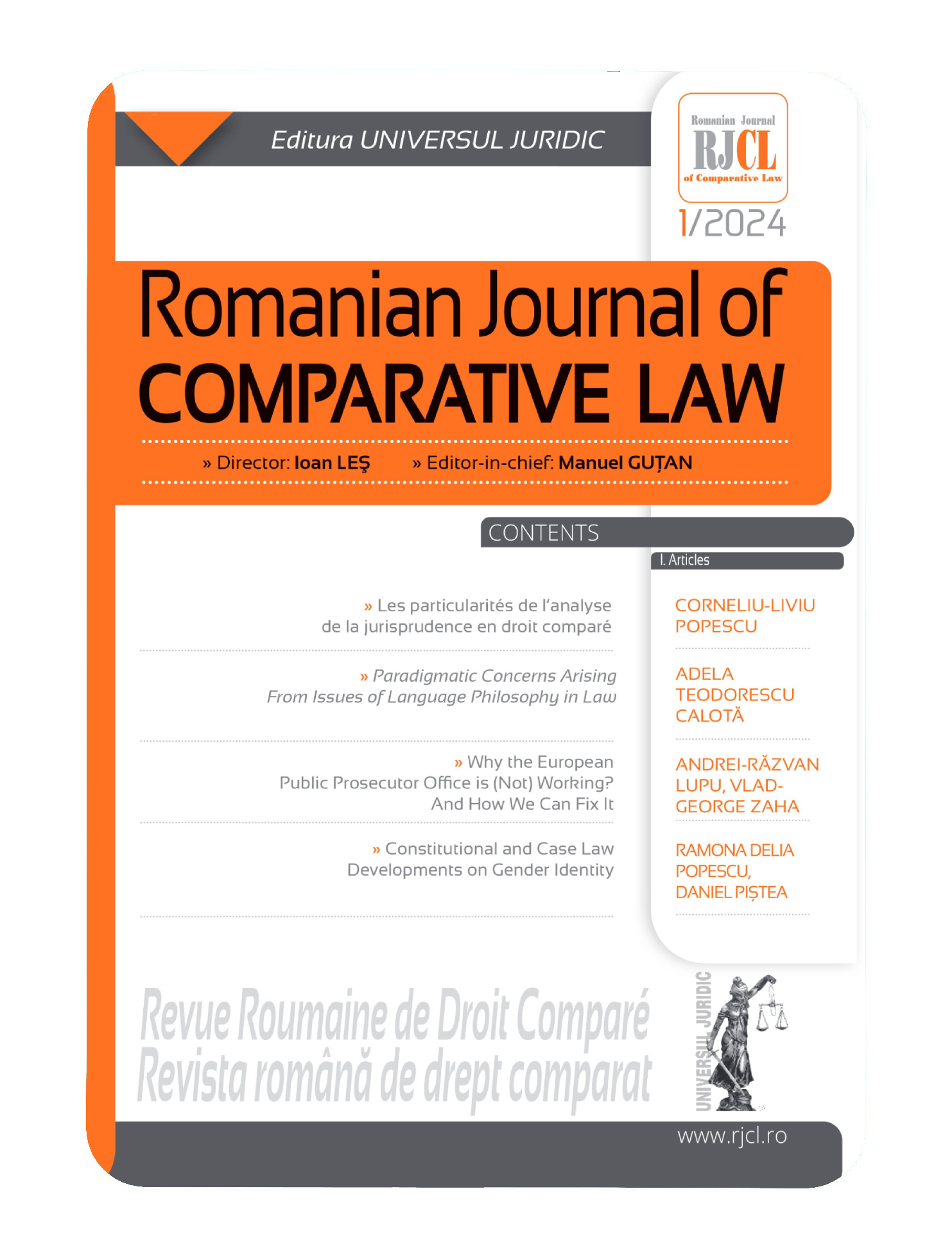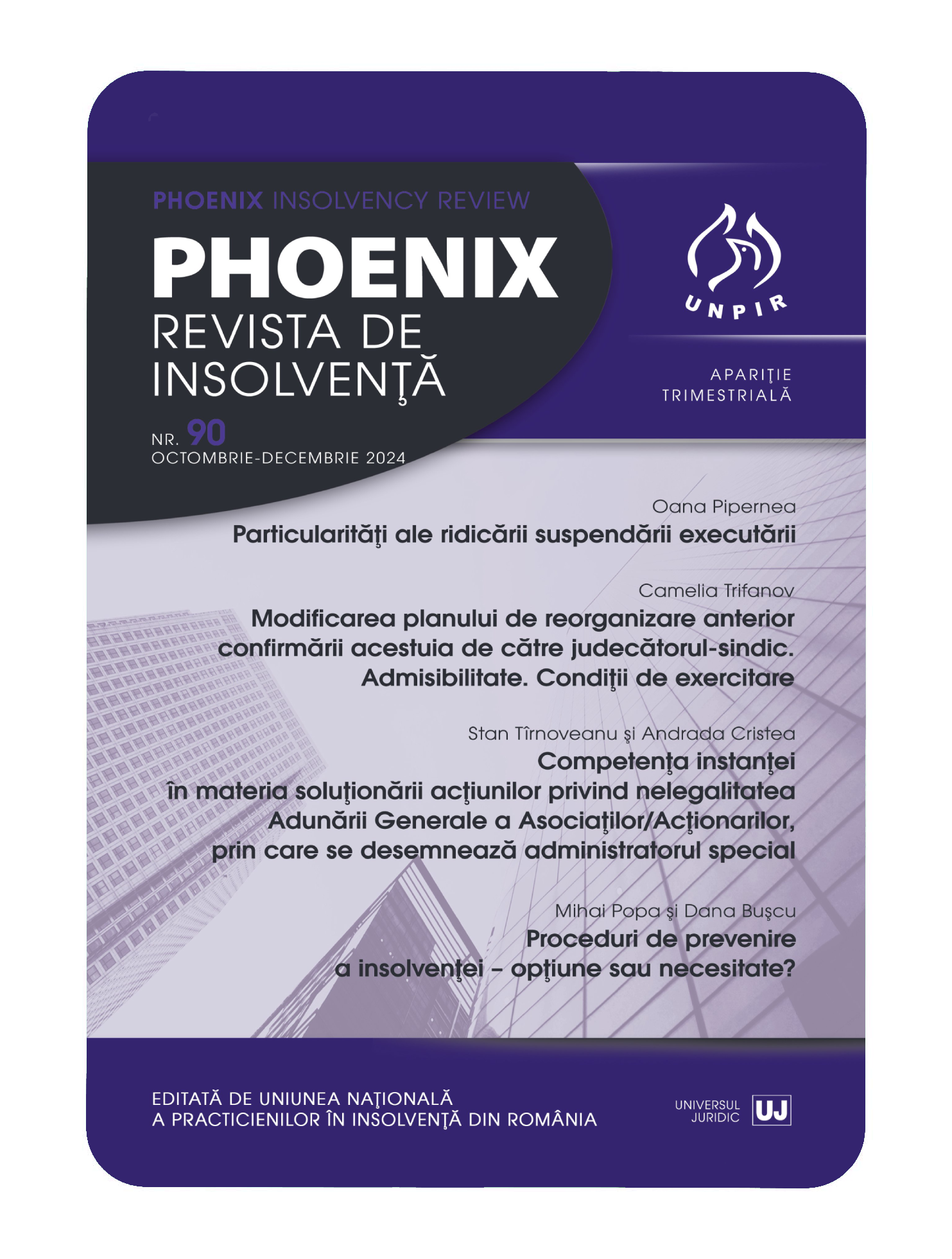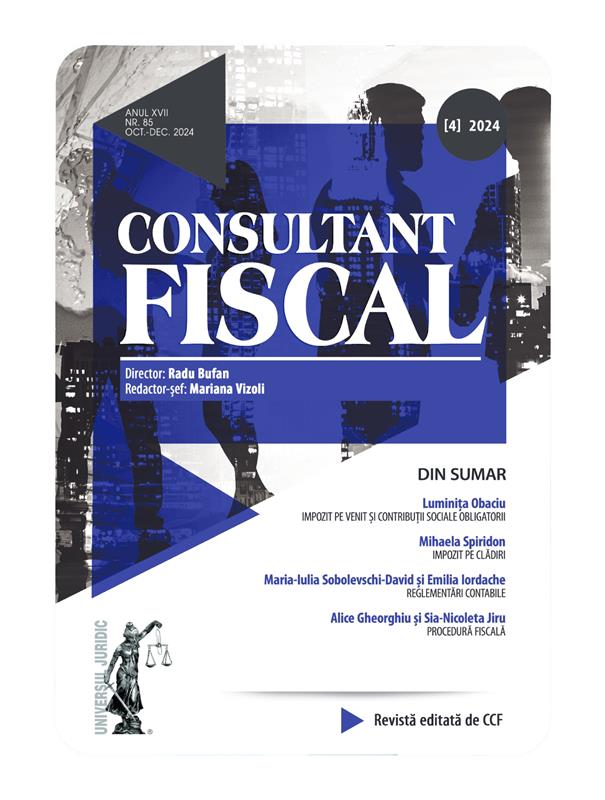
UNDERREPRESENTATION OF WOMEN IN PARLIAMENT AFTER THE INTRODUCTION OF ELECTORAL GENDER QUOTAS: LESSONS FROM CROATIA
The article studies the legal issue of women’s political (under)representation in the Croatian Parliament from the independence of the Republic of Croatia to the present day, with a special focus on the ineffectiveness of electoral gender quotas as positive measures to increase the number of women in parliament. Namely, Croatia is the only country in the European Union that introduced electoral gender quotas by law, after which it recorded a serious decrease in the number of women in parliament. The Gender Equality Act in 2008 and Act on the Election of the Members of the Croatian Parliament (amendments 2015) prescribes 40 % quotas for each gender. However, not only did these quotas fail to achieve the expected result, but unexpectedly, the number of women parliamentarians in Croatia even decreased after their introduction. For every modern legal state and democratic society, it is very important to understand how electoral gender quotas work and how they can positively affect the representation of women in political decision-making. Care should be taken in determining what legislative solutions and political activities should be undertaken to increase the number of women in parliaments. The article begins by addressing the definition and terminological challenges associated with basic terms, and then proceeds to offer an overview and analysis of positive legal regulations on electoral gender quotas and equality within the legal system of Croatia. Furthermore, the article provides an analysis of the number of women in the Croatian Parliament across all previous parliamentary elections from the country’s independence to the present day. In conclusion, it proposes a thorough and effective redefinition and redesign of existing solutions for electoral gender quotas, advocating for concrete measures and activities aimed at increasing the number of female parliamentarians in the Croatian Parliament. Although this research topic has predominantly been explored by political scientists in Croatian academia, it is also a legal matter. Given the lack of research in the field of law, this article aims to address this gap in legal science. In addition to employing standard scientific methods common in the scientific field of law, quantitative scientific methods are also used in the study.
More...



